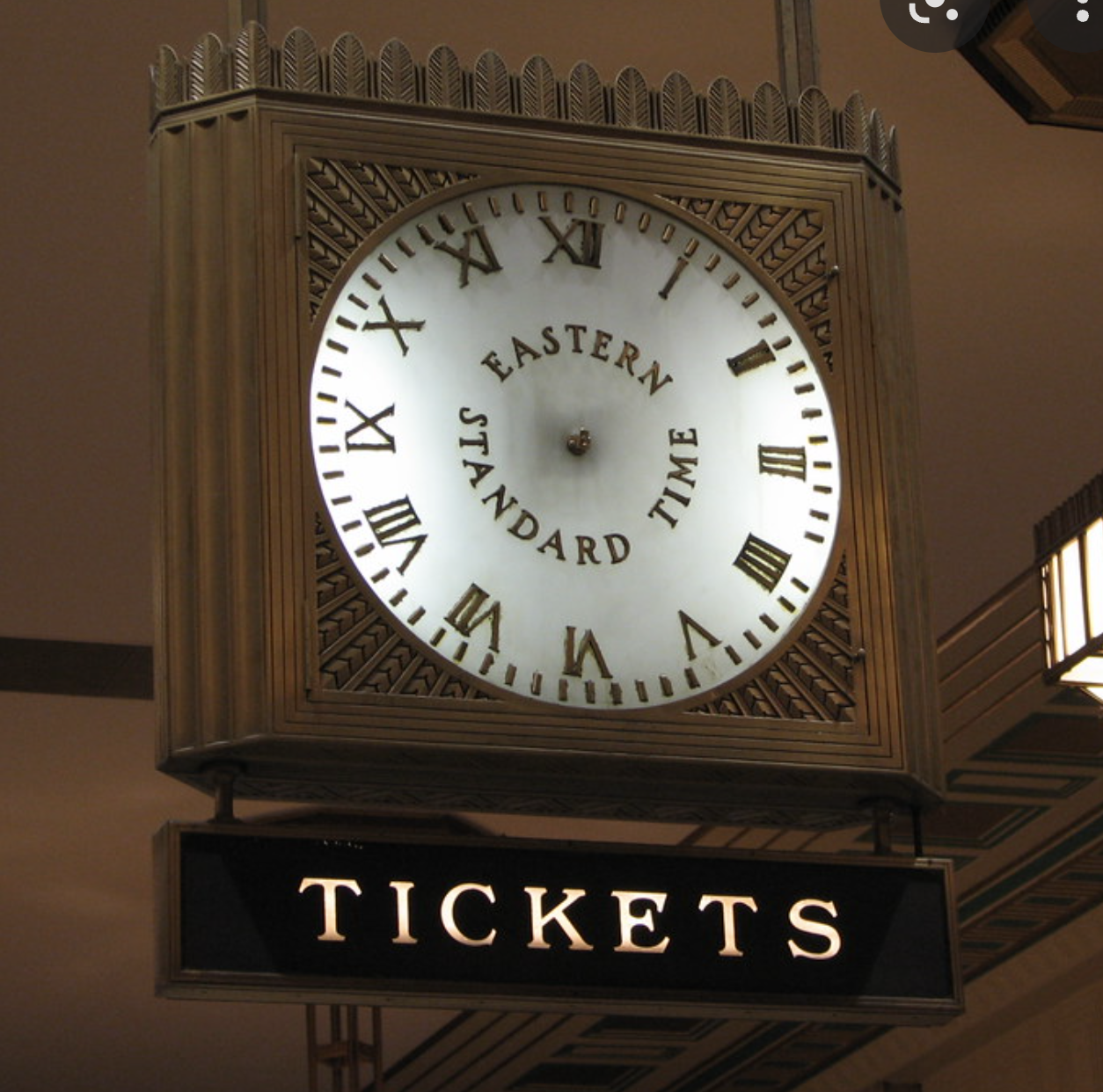Analyzing Traffic Data
In one 2001 study, data from 21 years of fatal automobile accidents was gathered. The number of crashes that occurred on the days after a time shift were compared to the average on other days of the year. What it found was that there was a statistically significant increase in accidents directly after the DST transition.
A more recent study attributed a 6.3 percent increase in vehicle-related fatalities to the six days immediately following the time change forward. Surprisingly, even with most people having a full Sunday to adjust to a new sleep pattern, those repercussions are still being felt on Monday morning and beyond.
Sleeping behind the wheel
While data shows there is a difference in accidents due to DST, pinpointing an exact cause is more difficult.
One of the causes for the uptick in crashes may be as simple as black and white – or light and dark. Many commuters drive to work one day in sunlight or at least with added visibility, and then the next day they make the same trip in total darkness. The lack of ambient light may contribute to the statistics.
The lack of clear sight combined with additional sleep loss may even be heightened depending on where a person lives. If someone is located on the far western edge of a time zone, their sunrise and sunset times already differ from those in the east, and daylight savings worsens the effects.
Anatomy of Changing Time
Another possible reason for the increase in driving deaths is what happens within a person’s body itself. What causes an inability to function the same as one did just the day before?
The body is more sensitive to being deprived of an hour of sleep for one night than it may initially appear. Neurological and cardiovascular systems are immediately affected as they adjust to the change.
Other Effects of DST
Of course, a change in the number of traffic accidents is not the only consequence of an acute change in sleep patterns and circadian rhythms.
Research has been performed in several other areas to try and link daylight savings to negative effects relating to appetite, heart attacks, and overall health and mood …



